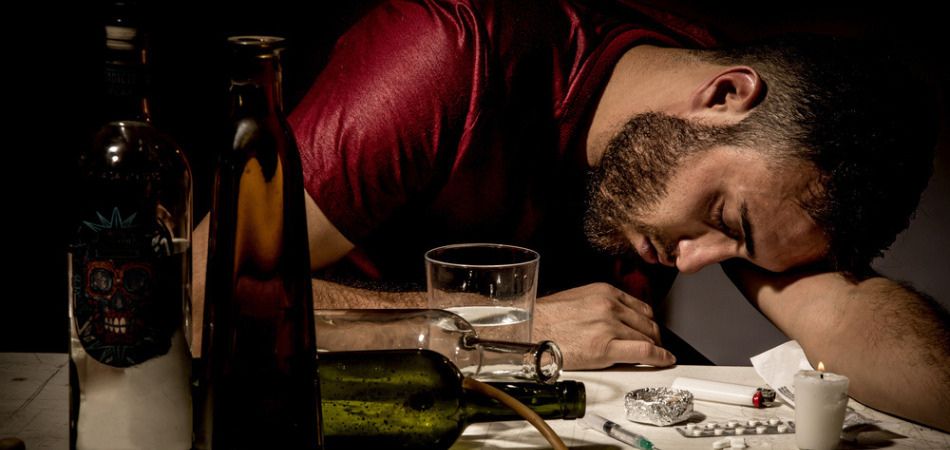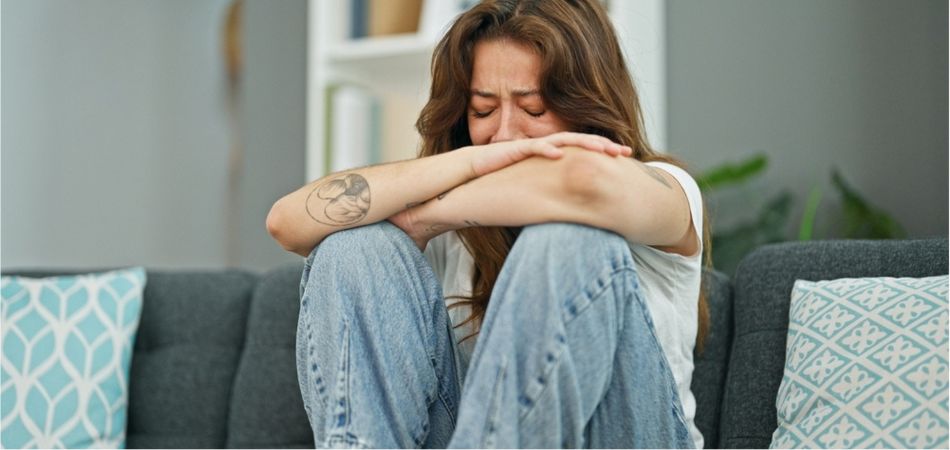Last Updated:
September 18th, 2025
When we talk about grief, we usually imagine the aftermath of a clear loss: a death, a goodbye, or a final ending.
But the grief that comes with loving someone in active addiction is different. It can be silent, complex and sadly overlooked. The addicted loved one is still here with us, yet, in so many ways, they’re not. You’re holding hope in one hand and heartbreak in the other, thinking about who they were, who they are, and who they might become.
The inherent grief of loving an addicted person
Grief is defined as the primary emotional/affective process of reacting to the loss of a loved one through death.
Yet we may argue that the feeling of grief is not always tied to someone’s death. It can approach us as a slow ache, or as a disturbing process of watching someone you love change in front of your eyes.
In some ways, loving an addict can actually feel like loving someone who is on the verge of dying. Academics and researchers sometimes have conflicting opinions on whether addiction counts as a disease, a condition, or a result of mental health struggles. In this sense, there can be a grief inherent to loving an addict that is the same as loving someone who is dying from a fatal condition.
Yet, this grief may become even more painful as it often fluctuates with hope; the hope that our loved one is not resigned to their fate of addiction and can break free into recovery.
We certainly can grieve for someone who is still in our lives. We might feel grief when we know they’re physically present, but psychologically absent. We can grieve who they used to be and who they could have been.
How love wears countless faces
Everyone experiences grief differently, depending on the role the loved one plays in their life. Having a loved one with an addiction may take on different shapes and manifest differently, such as:
- Love for an addicted child: This is often laden with instincts to protect and nurture, making the feeling of being powerless even more painful.
- Love for an addicted sibling: The shared history and upbringing can be heartbreaking for a person with an addicted sibling. The eternal bond that held you together as siblings may start to feel distant or unrecognisable.
- Love for an addicted parent: When the person who was meant to protect you now needs your help, the grief can become confusing and caretaking roles can shift.
- Love for an addicted partner: Having an intimate partner struggle with addiction can make you start to question your own behaviours, whether you’re enabling them or whether your boundaries are strong enough.
We may also have varying degrees of love for our friends, coworkers, or neighbours. Each dynamic brings its own grief, its frustrations and its hard-won strengths which lie at the end of a hopeful path.
The hidden toll grief can take on your life
When you’re loving someone with an addiction, it is tragically common to ignore your own suffering. The grief inherent to long-term addiction won’t just sit quietly in the background of your life. It will take a heavy emotional toll and can potentially bleed into your physical health.
Many people living with someone in addiction feel guilty for struggling, telling themselves, “I’m not the one with the addiction, so what right do I have to fall apart?”
Yet pain does not discriminate. Yours is valid.
What is keeping me stuck in the cycle of hope and despair?
The instability and chaos inherent in addiction can make your own life feel unstable at times. One moment you’re hopeful and encouraged, the next you’re devastated and exhausted. It is almost impossible to turn your back on someone you truly love, so their suffering is, in part, your suffering too.
A general overview of the cycle may manifest as:
- Recovery signs generate hope: Your loved one might start attending addiction recovery meetings or remain sober for weeks. In these moments, your heart lifts and you envision a healthier future for them, revitalising your efforts to make a positive change.
- Relapse twists hope into grief: When setbacks happen (and they often do), you can feel like the rug has been pulled from under your feet. Everything you were holding onto crashes down and you find yourself grieving, not just for the relapse itself, but the dream you believed in.
- Grief motivates further change: Leading on, grief can become the very thing that drives renewed action, for them and for you. It can push your loved one towards trying again or push you to seek outside support. Grief hurts, but it can be the turning point to renewed hope.
Can I validate my grief without giving up on my loved one?
Many people struggle with the idea that acknowledging their sadness means they’ve lost faith. We tell ourselves, “If I am unable to help my loved one, then who can?” We disregard our grief as it can feel like an admission that we might not be able to provide adequate support.
However, recognising your pain will not mean you’re abandoning your loved one. It means you’re honoring your own well-being in the process.
You may be wondering how to cope with an addict in the family. Make sure you’re finding outlets to cope with your grief. Likely, you are better equipped to deal with difficult moments than your addicted loved one is. Validate your grief to stay grounded while holding onto space for addiction recovery.
How can I cope with grief while still holding onto hope?
The journey of addiction recovery for your loved one will be fraught with ups and downs. Grieving does not equate to giving up. In fact, the very reason it hurts so deeply is that you still care. Coping means making room for both the sadness of what’s happening and the hope that things can change. It can benefit you to take steps to manage both. Try to:
- Create small pockets of stability: Build structure where you can. This might involve setting boundaries, sticking to a daily routine, or talking openly with someone you trust.
- Reframe hope as a strength: Make sure that you don’t see your hope as naïve. Hope is often what gives people the courage to keep believing in recovery and to keep loving through the pain.
- Reach out for support: You don’t have to do this alone. Grief and hope are both easier to hold when someone is helping you carry them. There are people and services ready to support you, too.
Where can I find support for an addicted loved one?
Loving someone with an addiction can feel like being stuck in a loop of heartbreak and cautious hope. At times, you might feel like the burden is too heavy to carry. But you don’t have to keep doing this on your own.
At UKAT, we understand how deeply addiction affects the entire family, not just the individual. That’s why we use dedicated family programmes, designed to help you navigate the emotional impact and restore a sense of stability and strength.
Our team is here to help. We’ll walk alongside you, offering expert care, compassionate support, and a treatment plan that recognises the role of family in long-term recovery.
Reach out to UKAT today. The help your loved one needs may be only one phone call away.



